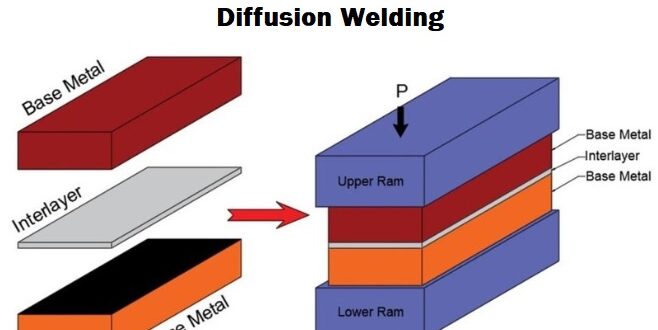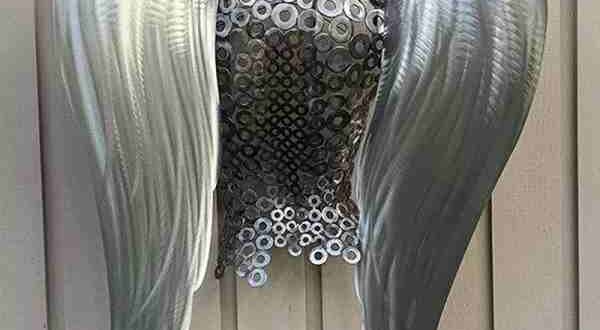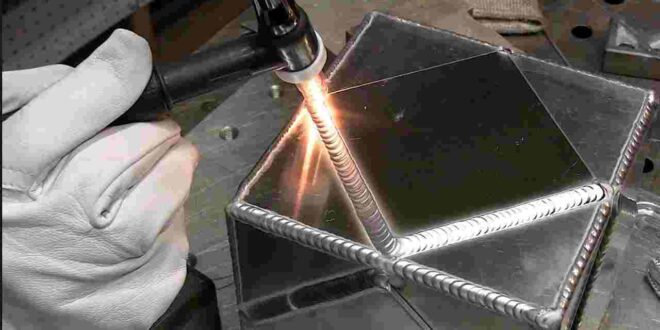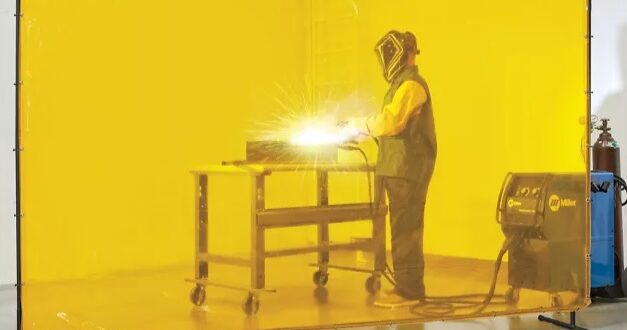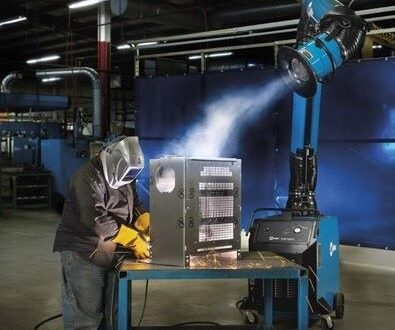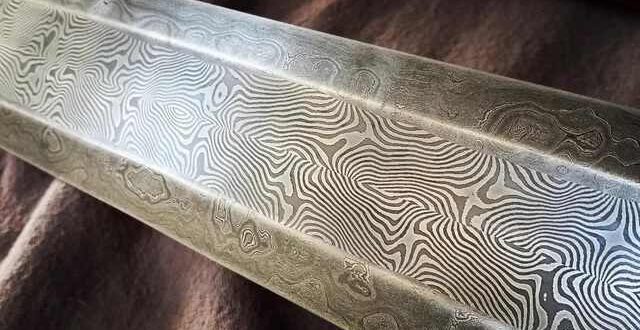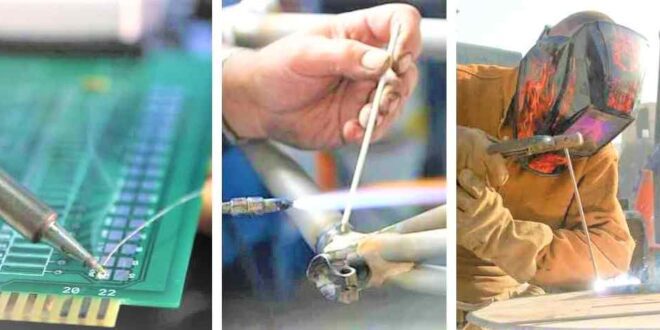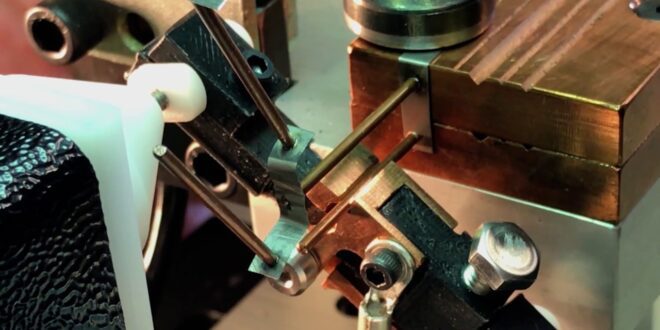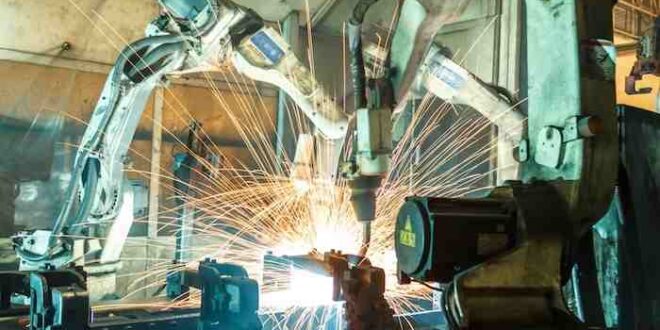What is Diffusion Welding? Introduction Diffusion welding is a joining process that involves the bonding of two or more materials through the diffusion of atoms across the joint interface. It is a solid-state welding technique that does not require the melting of the base materials. Instead, it relies on high …
Read More »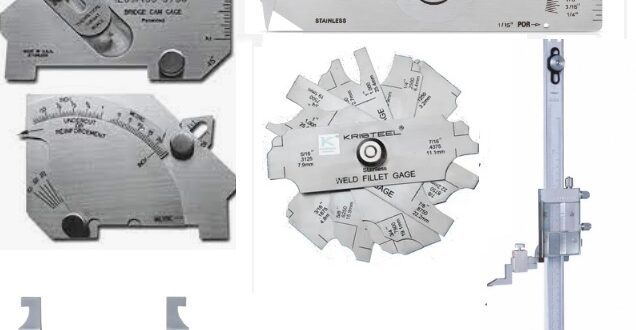
 Welding of Welders All about Welding and Welders
Welding of Welders All about Welding and Welders
